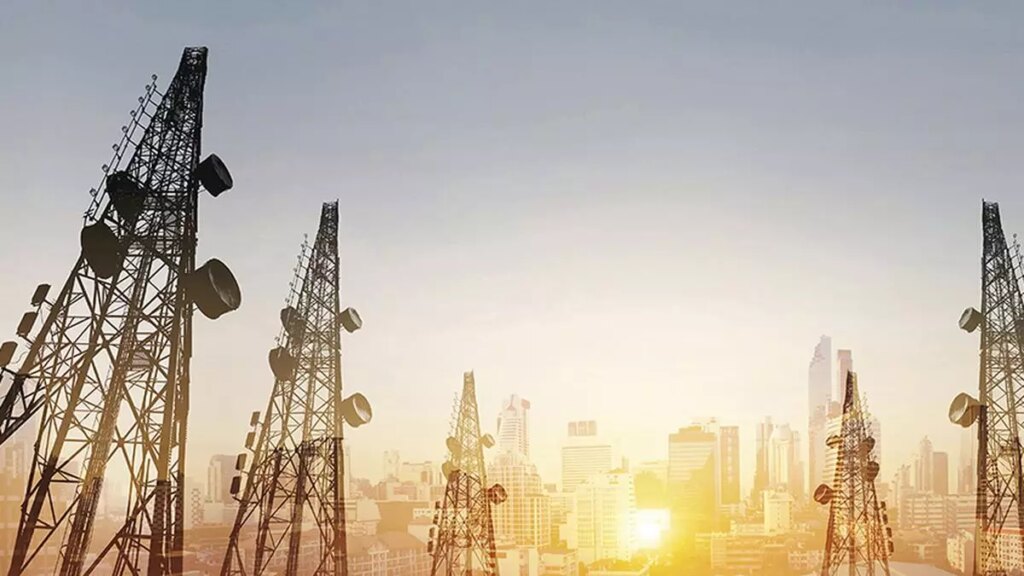Editorial. Network concerns – The Hindu BusinessLine

The Telecom Act, 2023, which has been partially notified by the Centre to replace the archaic Indian Telegraph Act of 1885 and the Indian Wireless Telegraph Act of 1933, marks a pivotal shift in India’s telecommunications landscape. Notably, the 2023 Act grants the government the authority to use private property for telecom installations. Getting permission to install towers and lay cables has been a major challenge. The new law aims to streamline infrastructure deployment and reduce disputes during property transactions, a significant step towards improving telecom services.
The Act also introduces stringent measures against spam, mandating telecom operators to obtain prior consent from subscribers for promotional messages. Violations may incur fines and service bans, and rightly so. But even as the new legislation aims to modernise regulation and spur technological advancement, it is not without its contentious aspects concerning privacy and governmental oversight. The Act’s broad definitions and ambiguous phrasing raise concerns about its implications for digital freedoms, especially regarding online communication services like WhatsApp and Zoom. Sections empowering the government to intercept messages and suspend telecom services under nebulous grounds of public emergency or national security echo colonial-era powers; these lack adequate checks and balances against potential misuse. Of particular concern is Section 20, akin to provisions in the Indian Telegraph Act, 1885, allowing for temporary suspension or interception of telecommunications, potentially extending to internet services. The absence of procedural safeguards may heighten risks of privacy violations and undue governmental interference. Additionally, the Act’s ambiguity regarding its applicability to Over The Top (OTT) services and its provisions on internet restrictions for maintaining public order could further jeopardise digital freedoms. The power to restrict internet access without clear judicial oversight risks stifling dissent.
However, the Telecom Act, 2023 introduces progressive measures such as revamping the Universal Service Obligation fund as Digital Bharat Nidhi, which can be used for funding R&D and pilot projects, instead of merely supporting the setting up of telecom services in rural areas. The Act’s omission of financial relief measures for debt-laden telecom operators, contrasting with earlier drafts, casts a shadow over its commitment to market diversity.
While the Telecom Act, 2023 promises to usher in a new era of technological growth and infrastructure development, it must navigate a delicate balance between progress and individual rights of privacy and freedom of expression. As the Act comes into effect, stakeholders must actively engage to refine regulatory frameworks, mitigate risks and foster a digital ecosystem that respects and protects the rights of citizens.








